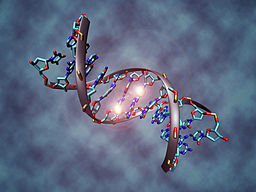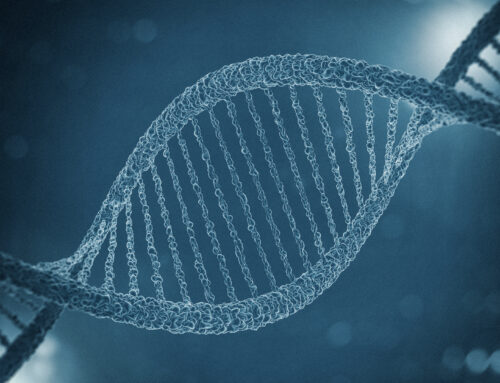 The human genome has always been understood as the most basic code that defines who we are. Our genes are a set of unchangeable instructions – but what if there was a way to alter how these instructions were read? The growing field of epigenetics addresses this idea that there can be variations in how genes are expressed.
The human genome has always been understood as the most basic code that defines who we are. Our genes are a set of unchangeable instructions – but what if there was a way to alter how these instructions were read? The growing field of epigenetics addresses this idea that there can be variations in how genes are expressed.
Epigenetics is the study of biological modifications that change how our genes are expressed without altering the actual genetic code. At its simplest, epigenetics looks at how environmental and behavioral factors – things like diet, exercise, and stress – influence not only our health but also the health of our children and future generations. Similarly, our parents’ and grandparents’ habits may have changed how the genes they passed on to us are displayed. For example, some epigenetic mechanisms silence or activate genes, which can lead to certain genetic diseases.
Several studies in the last decade have advanced our understanding of epigenetics and the potential consequences (or benefits) of some behaviors and health indicators. In one study, mice whose mothers spent more time licking and nursing them as babies were shown to be less anxious than mice who did not receive maternal grooming. Upon closer examination, this trend was shown to be linked to epigenetics. Mice who received maternal grooming when they were young had acquired molecular level modifications that silenced genes related to stress response. Another study demonstrated that pregnant mice who were fed a methyl-rich diet during pregnancy gave birth to healthier babies with darker colored fur. Mice who were given a low-methyl diet gave birth to offspring with lighter pigmentation who were more prone to obesity as they grew up. Again, these traits occurred because certain genes were silenced based on the diet the pregnant mice were fed. This study was particularly interesting because is showed that maternal diet can have an effect on the way genes are expressed in their offspring.
Studies about epigenetics reveal important insight into how external factors can influence our genes. Even though we are born with a fixed genetic code, our environment and behavior may impact the way our genes are expressed. Does this mean we can do things to actively change our genetic “fate”? Right now, the answer is no. There is still a lot to learn about epigenetics and how our actions effects our genetic code, as well as gene expression in future generations. This will certainly be an interesting field as new information unfolds!
References:
Dolinoy, D. C. (2008). The agouti mouse model: an epigenetic biosensor for nutritional and environmental alterations on the fetal epigenome. Nutrition Reviews, 66(Suppl 1), S7–11. http://doi.org/10.1111/j.1753-4887.2008.00056.x
Gudsnuk, K., & Champagne, F. A. (2012). Epigenetic Influence of Stress and the Social Environment. ILAR Journal, 53(3-4), 279–288. http://doi.org/10.1093/ilar.53.3-4.279
Weinhold, B. (2006). Epigenetics: The Science of Change. Environmental Health Perspectives, 114(3), A160–A167.
Photo credit:
Christoph Bock, Max Planck Institute for Informatics (Own work) [CC BY-SA 3.0(http://creativecommons.org/licenses/by-sa/3.0)], via Wikimedia Commons



